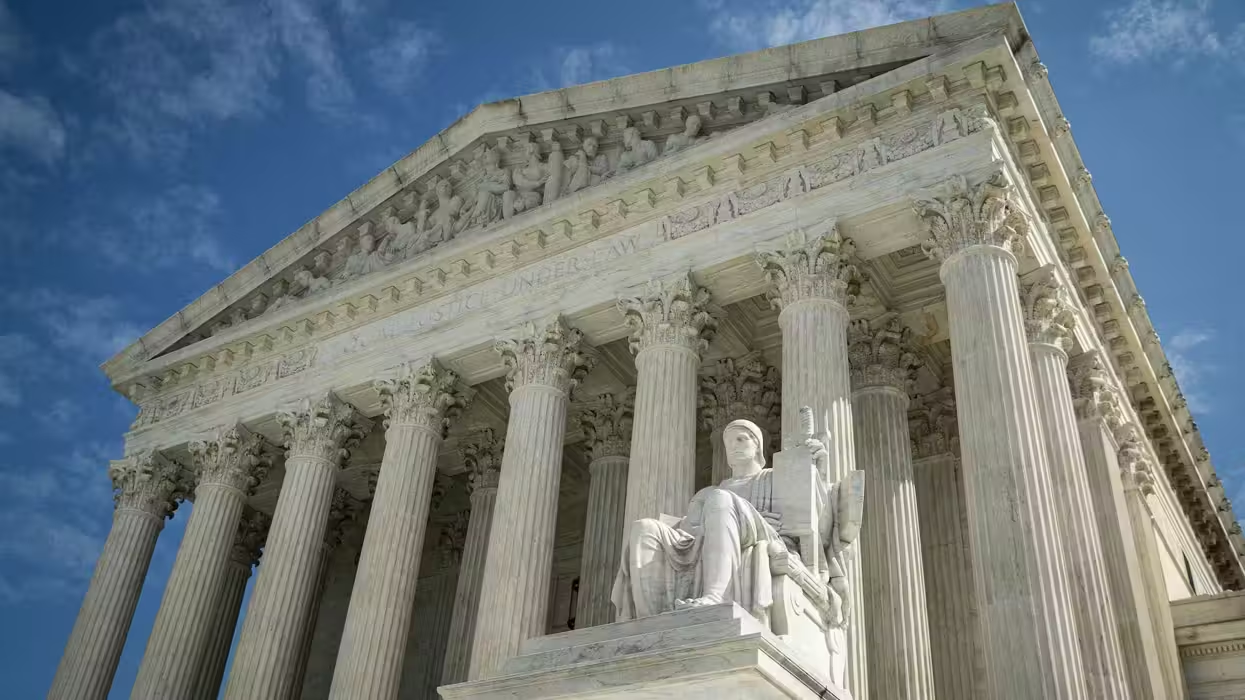
© 2025 Blaze Media LLC. All rights reserved.
Here's What the Fed's Major Announcement Could Mean for Possible Government Shutdown
September 23, 2013
[Editor’s note: The following is a crosspost by Matthew J. Belvedere that appeared originally on CNBC.com]:
The Federal Reserve's decision not to start tapering its bond-buying has provided investors a "pretty decent measure of insurance" during uncertain budget times in Washington, JPMorgan's chief U.S. equity strategist told CNBC on Monday.
Partisan wrangling between the White House and Republican leaders on Capitol Hill are raising concerns about the prospects of a government funding shutdown next month for the first time since the end of 1995, beginning of 1996. At the same time, the standoff continues over what, if any, conditions should be linked to increasing the debt ceiling before the mid-October deadline.
JPM's Thomas Lee said on CNBC's "Squawk Box" that the Fed probably reached its decision last week because it "saw some risks."
"We are going through a period where there's potential budget debates, maybe a short shutdown," he said. "Investors are going to be nervous. I think the Fed provided us a pretty decent measure of insurance during that period."
Since the Fed decided not to start its scale back its $85-billion-a-month bond-buying program at its September meeting, Wall Street will be looking for clues from four Fed presidents speaking Monday on whether the central bank will taper next month.
Longer term, Lee said he's encouraged looking into next year. "In the U.S., we still have pretty decent momentum for not only housing and autos but increasingly there's an argument that corporate cap ex [capital expenditures] is going to start moving up. There should be a good new story in the economy next year, as long as we don't have negative shocks."
Lee said he's maintaining his year-end target of 1,775 on the S&P 500 Index, which would represent about a 4 percent increase from Friday's close. "That's a 20 percent annualized return over the next quarter. So it's going to really outperform a lot of asset classes."
"Next year, there's a good argument for earnings to be actually revised higher," he predicted.
Lee had upped his official year-end price target for the S&P on July 26 to 1,775. That's about 12 percent higher than his 1,580 number, which he increased to 1,715 on May 17.
--
RELATED:
- Fed speak, DC drama could rattle the market
- Matt Belvedere on Twitter
- S&P 1,900 possible in 12 months: Lee
- Fed speak, DC could rattle the market
- Debt Ceiling: CNBC Explains
©2013 CNBC LLC. All Rights Reserved. Matthew J. Belvedere.
Want to leave a tip?
We answer to you. Help keep our content free of advertisers and big tech censorship by leaving a tip today.
Want to join the conversation?
Already a subscriber?
more stories
Sign up for the Blaze newsletter
By signing up, you agree to our Privacy Policy and Terms of Use, and agree to receive content that may sometimes include advertisements. You may opt out at any time.
Related Content
© 2025 Blaze Media LLC. All rights reserved.
Get the stories that matter most delivered directly to your inbox.
By signing up, you agree to our Privacy Policy and Terms of Use, and agree to receive content that may sometimes include advertisements. You may opt out at any time.






